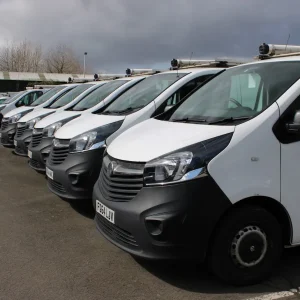The Society of Motor Manufacturers and Traders (SMMT) has launched a Brexit contingency plan to protect firms in the automotive supply chain in the event the UK crashes out of the European Union (EU) with no deal to cover future trading arrangements.
With a deadline of 30 March 2019 for leaving the EU, the SMMT said its Brexit Readiness Programme was designed to help small- and medium-sized businesses cope with the withdrawal. Quoting ONS (Office of National Statistics) figures from this year, the SMMT said 69% of SMEs, which make up the vast majority of the automotive supply chain, employ fewer than 10 people and would not have the resources to prepare for the changes in trading conditions between the UK and EU in the event of a ‘no deal’ Brexit.
The SMMT said changes to regulations, onerous customs processes, tariffs and restricted access to talent were among the complex challenges facing the industry.
To kick start its initiative the SMMT has joined forces with five global legal and accountancy companies, PwC (PricewaterhouseCoopers), Squire Patton Boggs, Deloitte, Gowling WLG and Grant Thornton to offer advice and consultancy services to its members.
It has set up a free helpline to cover Brexit issues, including trade and tax arrangements outside of the EU, customs procedures and adapting to regulation changes from chemicals to data protection and employment law and immigration, which the SMMT claimed is critical because 10% of employees in the UK automotive supply chain are EU nationals.
SMMT boss Mike Hawes said: “A strong local supply chain is the backbone of any manufacturing sector, and ours has thrived thanks to massive reshoring efforts and the ability to trade freely and frictionlessly with the EU.
“A ‘no-deal’ Brexit could have devastating consequences. With the clock ticking on negotiations, businesses must plan for all eventualities, including the worst. Our new support package seeks to mitigate the threat of ‘no-deal’ by helping businesses navigate the complex trade realities of a post-Brexit landscape.”
PSA Peugeot-Citroen, which owns Opel/Vauxhall, plans to build 100,000 LCVs annually, including the new Vauxhall Vivaro, at Vauxhall’s Luton plant from 2019.
Vauxhall has said 40% of parts for the current Vivaro are sourced from within the UK.





